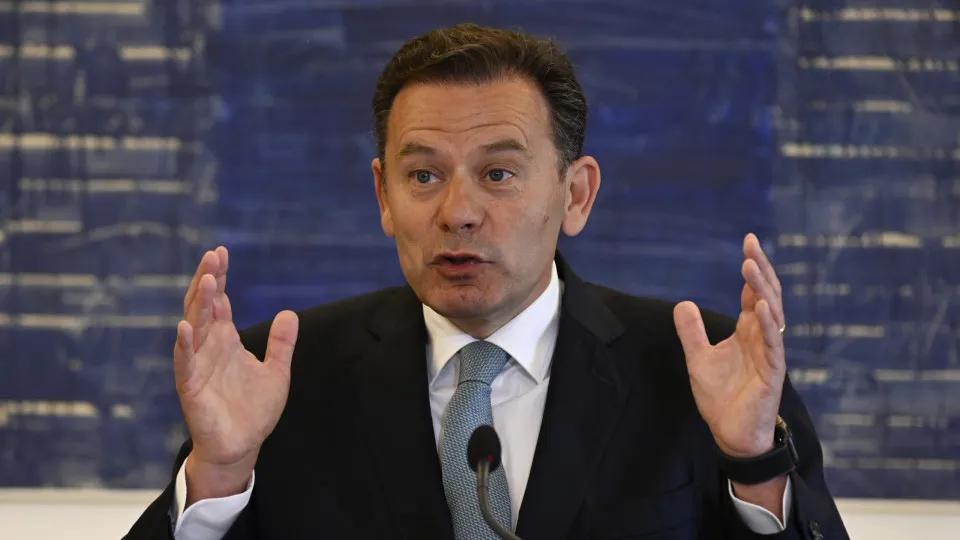
Prime Minister Luís Montenegro believes there is currently no reason for a general strike in Portugal, following the scheduled strike on December 11.
“In my opinion, there are no reasons for a general strike in Portugal at this moment. We face many challenges to overcome, and there are many just demands from a labor perspective,” said the prime minister to journalists in Lisbon as broadcasted by RTP Notícias.
“But there are no reasons for a general strike in Portugal, especially at a time when the country has many challenges to overcome. While it is important to emphasize that the ability to protest is not at stake, it’s also important to say that it should be exercised with a sense of responsibility,” he warned.
The prime minister noted it was unprecedented for UGT and CGTP-IN to unite for a general strike in the current national context.
“What’s at stake is a set of legislative changes that are under discussion and formation. There is not even a final proposal. There is a draft on the negotiation table with all participants in social dialogue, particularly with employer organizations and representative entities of workers”, he pointed out.
The prime minister stressed he does not intend to “exaggerate or restrict the freedom that unions have to express their positions regarding the country’s political and economic situation through their forms of struggle”.
“It’s not about restricting; it’s about demanding responsibility,” he emphasized.
According to the prime minister, just as the government is required to “contribute so that workers have fewer taxes on their paychecks at the end of the month, and to avoid deficits in public accounts, it is equally required that unions have this sense of responsibility.”
“And that they do not contribute to creating instability that, at this moment, is much more penalizing for workers than favorable to anything,” he cautioned.
Facing journalists, the prime minister argued that workers’ incomes increased “very significantly last year” and that the same is expected this year.
He also highlighted that Portugal has “a historically low unemployment rate, a very high level of employability, with a reduction in taxes on labor.”
“It is a country that, at this moment, due to these two circumstances, of salary appreciation on one hand and tax reduction on the other, was last year the one where workers saw their income grow the most in the OECD context,” he maintained.
When asked if the current favorable situation should result in changes to labor laws, the prime minister responded: “Because we need to grow more.”
“This is a solid path, a successful path, but we want more. And to do more, we need to be more competitive.”
“And for that, it is also important to refine labor legislation. This is what we want. Contrary to what is simply and wrongly said, we do not want to favor companies or employers. We want the economy as a whole to be more productive and vigorous because if it is more productive and vigorous, wages will grow even more,” he argued.
The government’s draft for revising labor legislation, being debated with social partners, aims to revise “more than a hundred” articles of the Labor Code.
The proposed changes—dubbed “Trabalho XXI,” presented by the government on July 24 as a “profound” revision of labor legislation—encompass areas from parenthood (with changes in parental leave, breastfeeding, and gestational mourning) to flexible work, corporate training, or the probation period of employment contracts, also extending the sectors subject to minimum services in case of a strike.




